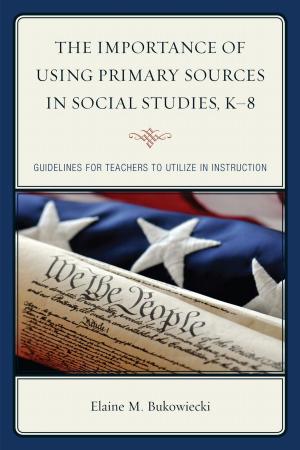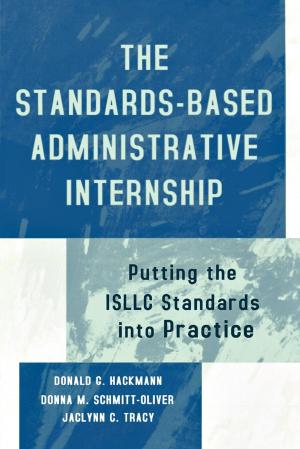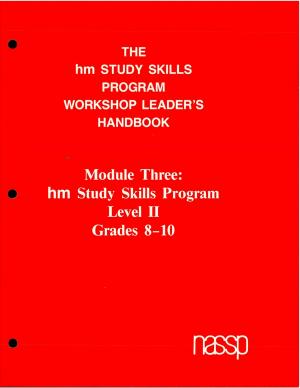Learn to Think and Write
A Paradigm for Teaching Grades 4-8, Advanced Levels
Nonfiction, Reference & Language, Education & Teaching, Educational Theory, Curricula, Elementary, Teaching, Teaching Methods| Author: | Una McGinley Sarno | ISBN: | 9781610484688 |
| Publisher: | R&L Education | Publication: | October 16, 2011 |
| Imprint: | R&L Education | Language: | English |
| Author: | Una McGinley Sarno |
| ISBN: | 9781610484688 |
| Publisher: | R&L Education |
| Publication: | October 16, 2011 |
| Imprint: | R&L Education |
| Language: | English |
The EPILLAW Paradigm is a practical method for developing writing skills. It consists of an original nine-level taxonomy and sequential methodology of listening, speaking, writing and reading. In this method, the development of writing precedes the development of reading. The work consists of two books. In the introductory book, the author explicates the first six levels. The behaviors involved in EPILLAW train the student how to think consecutively and logically. The first three levels establish the concrete assimilation of knowledge; the middle three elevate the students' cognitive ability from the concrete to the abstract cognition of knowledge. Through charting, the students learn the EPILLAW essencing modality that enables them to think abstractly. Lastly, having achieved the skill of abstraction, the student can personalize ideas and, from there, develop writing proficiency. In the advanced book, the author explores the final three levels of the writing process.
The EPILLAW Paradigm is a practical method for developing writing skills. It consists of an original nine-level taxonomy and sequential methodology of listening, speaking, writing and reading. In this method, the development of writing precedes the development of reading. The work consists of two books. In the introductory book, the author explicates the first six levels. The behaviors involved in EPILLAW train the student how to think consecutively and logically. The first three levels establish the concrete assimilation of knowledge; the middle three elevate the students' cognitive ability from the concrete to the abstract cognition of knowledge. Through charting, the students learn the EPILLAW essencing modality that enables them to think abstractly. Lastly, having achieved the skill of abstraction, the student can personalize ideas and, from there, develop writing proficiency. In the advanced book, the author explores the final three levels of the writing process.















